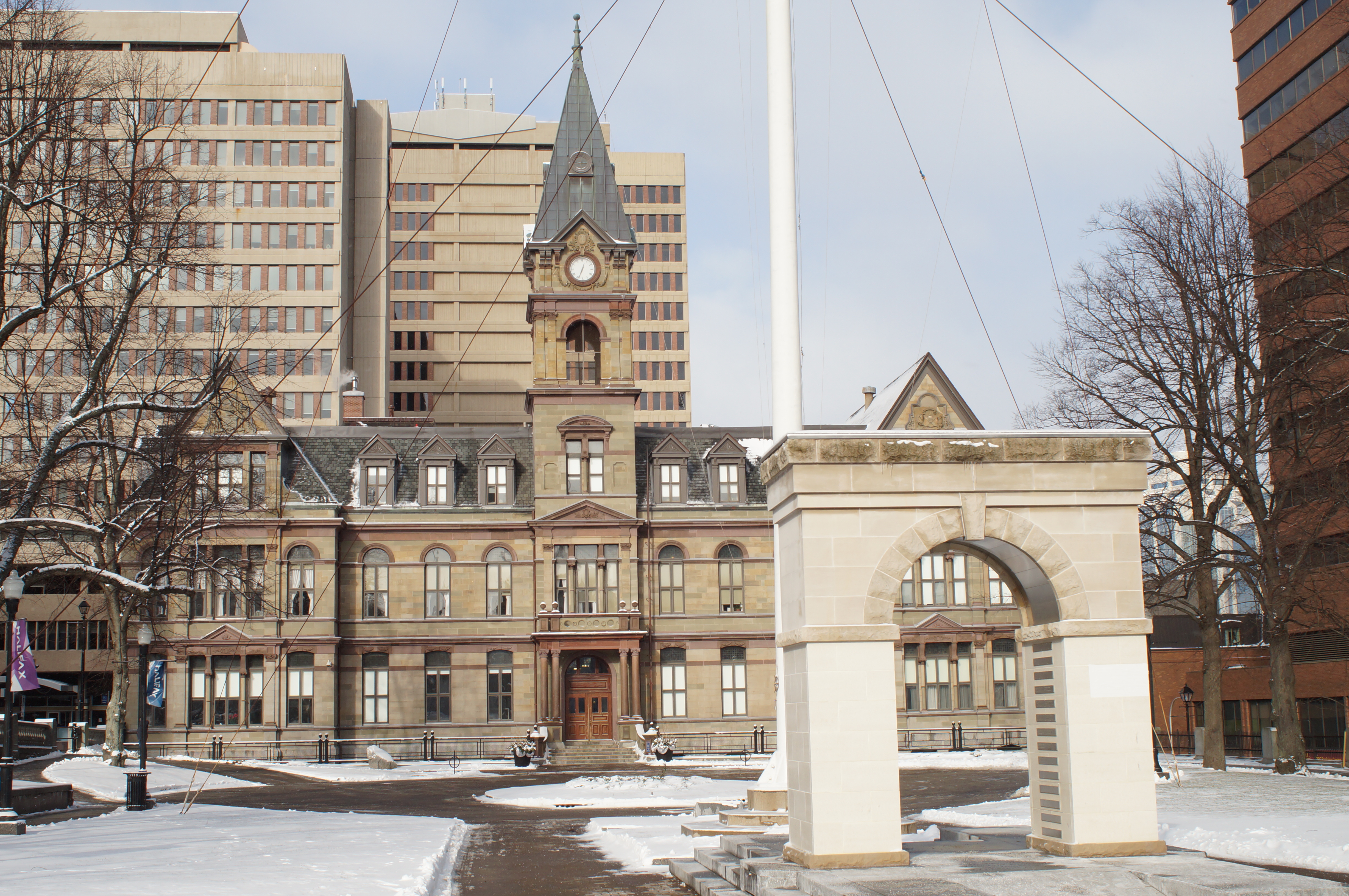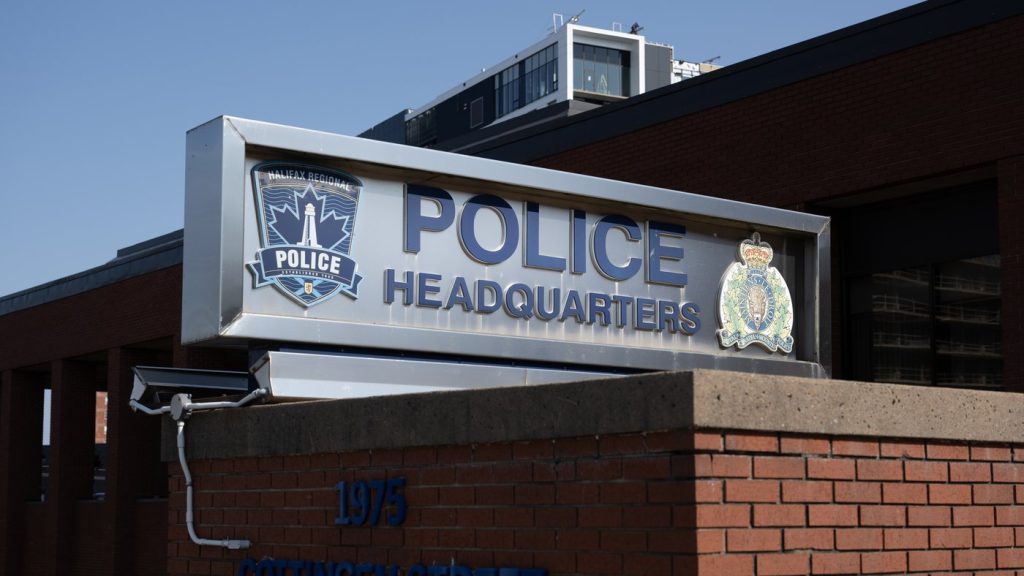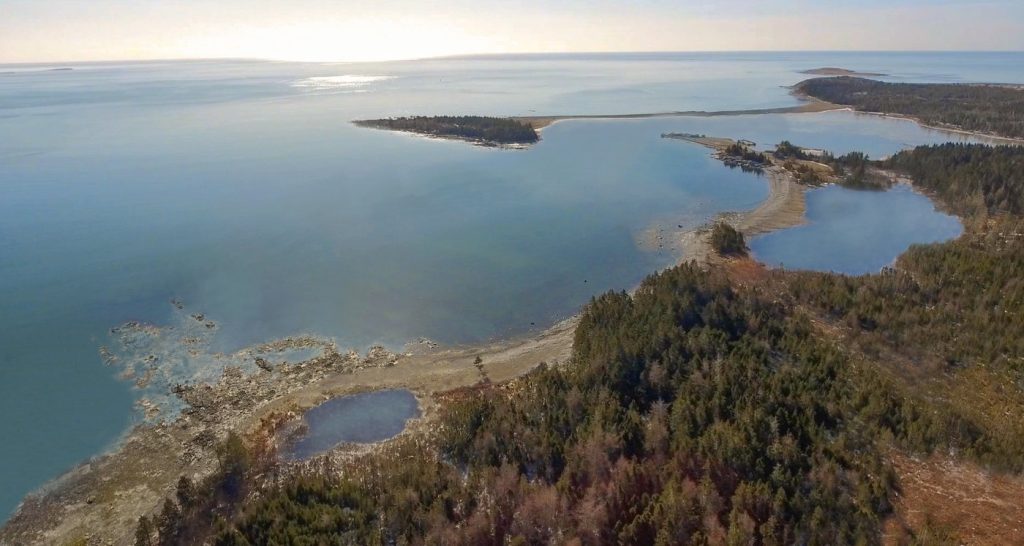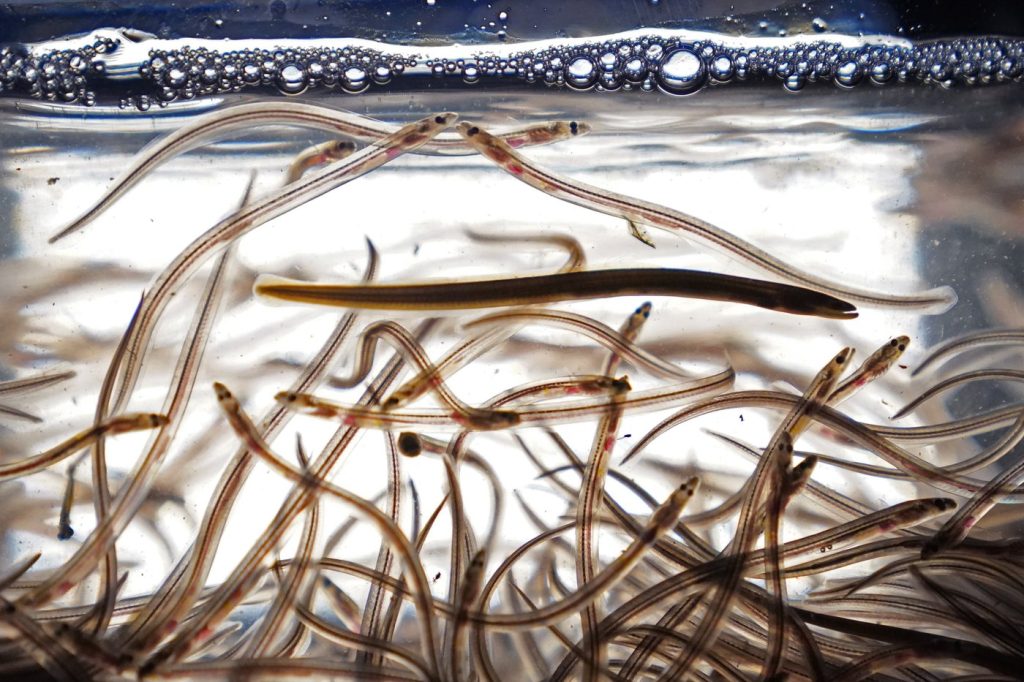Canada says it has border under control just ahead of Trump inauguration
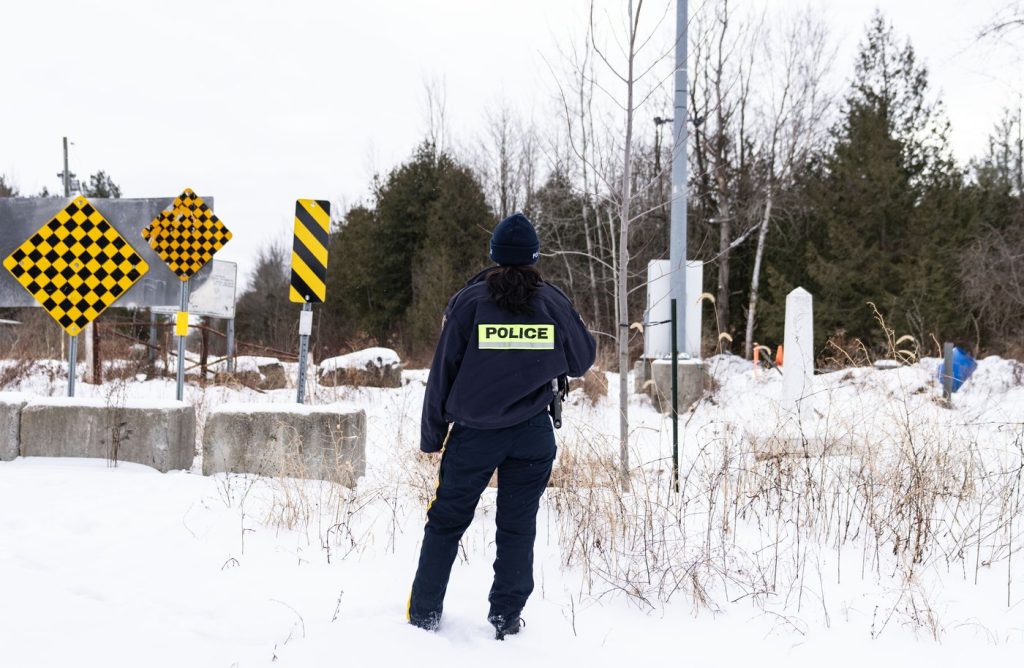
Posted Jan 15, 2025 10:59:23 AM.
Last Updated Jan 15, 2025 05:01:09 PM.
OTTAWA — Ottawa has added 60 new drones at the Canada-U.S. border and the RCMP will deploy two new helicopters this week as officials move to ratchet up security.
Federal ministers and security officials trotted out details of the new border measures Wednesday — part of the Trudeau government efforts to show it’s serious about beefing up border protection just days before U.S. president-elect Donald Trump’s inauguration.
The Liberal government pledged $1.3 billion in border upgrades in December, after Trump threatened to impose steep tariffs unless Canada and Mexico clamped down on the flow of migrants and illegal drugs.
Those border concerns have largely been replaced by complaints about Canada’s trade deficit with the U.S. in Trump’s most recent threats to impose a 25 per cent tariff on all Canadian imports on his first day in office.
At a news conference Wednesday, federal officials promoted Canada’s efforts to bolster border security, played down the notion of any serious problems and stressed the need to shun unhelpful drama while staying focused on results.
As part of the blueprint unfurled last month, the RCMP plans to set up an aerial intelligence task force for round-the-clock surveillance of Canada’s border, using helicopters, drones and surveillance towers.
Canada will also propose to the United States the creation of a North American “joint strike force” to target organized crime groups that work across borders.
In addition, the government is providing new technology, tools and resources to the Canada Border Services Agency to watch out for fentanyl shipments using chemical detection, artificial intelligence and canine teams.
Public Safety Minister David McGuinty said during the news conference Wednesday that “the northern border represents a very small fraction of seized fentanyl.”
The government says that between 2018 and 2024, Canadian law enforcement disrupted and dismantled 44 lab sites tied to illicit fentanyl.
“Despite evidence of domestic production occurring in Canada, there is little to no evidence from either Canadian or U.S. law enforcement that Canadian-produced fentanyl is an increasing threat to the United States,” says a December briefing note prepared for McGuinty.
The government also points to a reduction in the number of illicit border crossings from Canada to the U.S., a crackdown on visa fraud and increased removals of failed refugee claimants.
Canada must avoid dramatic comments and stay focused on implementing changes and managing its relationship with Washington, McGuinty said.
“Life is about relationship management, isn’t it? And Canada’s number one relationship, in my view, is the United States,” he said.
“We’re interested in making progress and showing the newly elected American government that we’re serious about our border relationship, that it’s integrated, that we do it together.”
Officials say they are preparing for a possible surge in migrants heading to Canada in response to the incoming U.S. administration’s threat of mass deportations.
“We don’t know yet how quickly the new administration wants to proceed on that front,” McGuinty said. “We’re watching it carefully, watching the numbers carefully.”
RCMP deputy commissioner Bryan Larkin said the Mounties have been working with the border services agency, the provinces and territories to ensure swift action in the event of a crisis at the border.
“And so the RCMP is heavily focused on, how do we do that?” he said. “What’s our operational planning? How do we move resources, and how do we support our colleagues at (the Canada Border Services Agency) and other police services?”
This report by The Canadian Press was first published Jan. 15, 2025.
Jim Bronskill and Kyle Duggan, The Canadian Press
